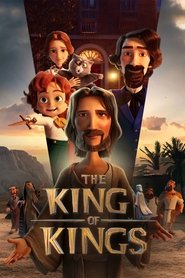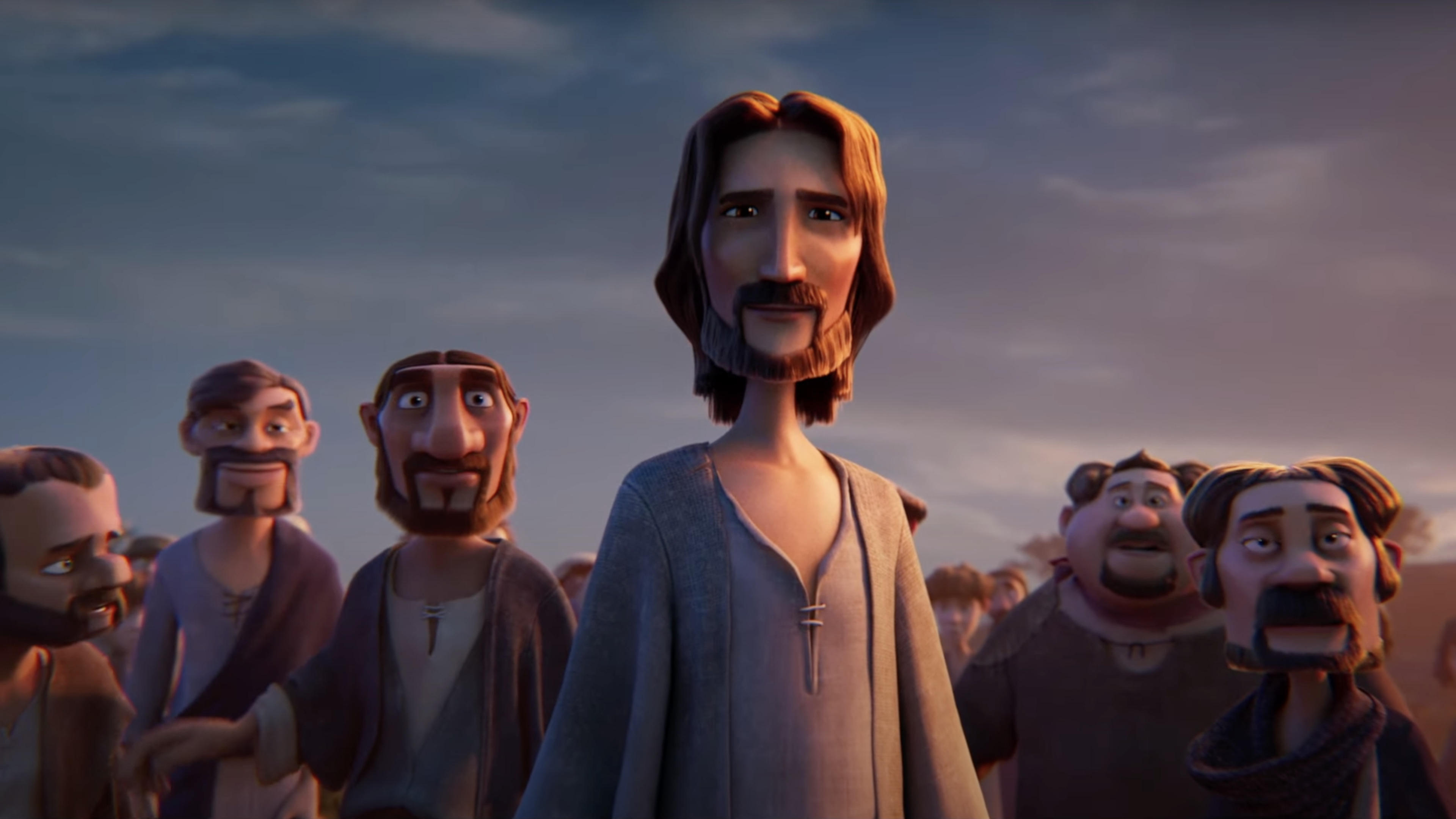Watch The King of Kings (2025) Movie

A father tells his son the greatest story ever told, and what begins as a bedtime tale becomes a life-changing journey. Through vivid imagination, the boy walks alongside Jesus, witnessing His miracles, facing His trials, and understanding His ultimate sacrifice. The King of Kings invites us to rediscover the enduring power of hope, love, and redemption through the eyes of a child.

A father's greatest joy is raising his son. - based on novel or book
## The Shadows Lengthen: Deconstructing Power & Loss in "The King of Kings"
Forget Cecil B. DeMille's Technicolor spectacle. Forget the Charlton Heston bravado. When it comes to portraying the life of Jesus, Nicholas Ray's "The King of Kings" (1961) is less a thunderous pronouncement and more a hushed, almost melancholic meditation on power, loss, and the impossibility of capturing divinity on film. And while the film remains a controversial piece, often criticized for its romanticized portrayal and Jeffrey Hunter's casting as Jesus, a deeper analysis reveals a film grappling with complex themes often overlooked.
This isn't the Jesus of miracles and triumphant declarations. Ray's Jesus, while possessing an undeniable magnetism, is fundamentally *vulnerable*. Hunter's performance, though initially jarring to some, lends itself to this interpretation. He isn't radiating divine power; he's wrestling with it, understanding the weight of his destiny. He's a man forced to carry the unbearable burden of hope and salvation.
The film's power, however, lies not solely in its portrayal of Jesus, but in its masterful weaving of the political and social landscape. Ray crafts a Judea simmering with discontent under Roman rule. The brutality of the occupation is palpable, the simmering rebellion a constant threat. This context elevates the narrative beyond a simple biography; it becomes a story of oppression and the yearning for liberation.
One of the most striking departures from traditional narratives is Ray's focus on Barabbas. More than just a fleeting antagonist, Barabbas becomes a symbol of the revolutionary spirit, a man driven to violence by injustice. His fervent desire for political freedom stands in stark contrast to Jesus's message of spiritual liberation, creating a compelling thematic dichotomy. This juxtaposition forces the audience to confront the complex choices facing the Jewish people under Roman oppression, the temptation of immediate, albeit violent, action versus the promise of long-term, transformative change.
The film's ending, naturally, is well-known. The crucifixion is rendered with a stark, almost brutal realism. Yet, it's the moments *after* that truly resonate. The weeping Mary Magdalene, the devastated disciples, the palpable sense of loss – these are not triumphant images of resurrection, but raw expressions of grief. The film subtly suggests that the true miracle lies not in the physical resurrection, but in the enduring impact of Jesus' teachings and the unwavering faith of his followers, even in the face of crushing despair.
However, the film is not without its flaws. The romanticized portrayal of several characters, particularly Pontius Pilate, can feel somewhat jarring to modern sensibilities. The film's narrative structure, while generally effective, occasionally falters, resulting in a slightly disjointed feel.
Despite these shortcomings, "The King of Kings" remains a significant and often misunderstood film. It dares to present a more human, more vulnerable Jesus, a figure struggling with the weight of his destiny in a world rife with political turmoil. By focusing on the social and political context of Jesus's life, Ray crafts a film that challenges traditional interpretations of the Gospels, forcing us to confront the complexities of faith, power, and the enduring human struggle for liberation. Ultimately, "The King of Kings" is not just a retelling of a familiar story, but a poignant exploration of the human condition, viewed through the lens of one of the most influential figures in history. The film's shadows, much like the historical period it portrays, linger long after the credits roll, prompting reflection on the eternal questions of faith, power, and the cost of hope.

Post a Comment